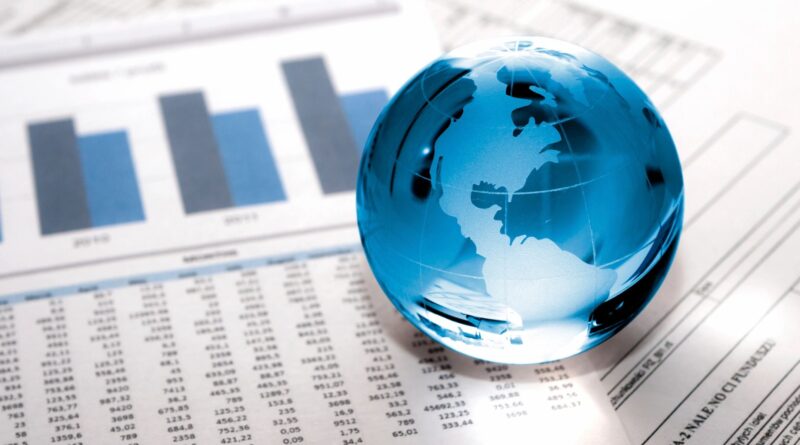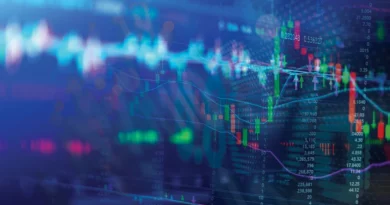Is there a new alarm about gas prices in Europe?
The price of gas is rising again in Europe and rekindling fears of higher costs, as well as raising new concerns about the vulnerability of the energy sector in the old continent.
In detail, the Dutch European reference benchmark for raw material prices extended gains for the fourth day, the longest streak since the end of January, as traders focus on the fragility of global energy supplies.
Benchmark futures rose as much as 7.7% on Monday, showing the biggest intraday jump since Jan.
3.
Prices have recently seen an increase, after having fallen by up to 30% since the beginning of the year.
Investors are therefore paying more attention to the factors that will influence fuel purchases ahead of next winter.
The price of gas approached 29 euros per megawatt hour in the morning: is this an alarm for a potential further increase? Gas prices rise in Europe, is it an alarm? What's happening Gas prices are back under scrutiny in Europe after hitting their highest level since early February due to growing supply concerns.
Repairs at the Freeport LNG terminal in Texas have led to reduced flows, with work expected to continue until April.
At the same time, Ukrainian attacks on Russian refineries, lower-than-average wind energy forecasts in northwestern Europe and rising demand in Asia have further fueled fears of a tight market.
read also What is about to happen to the LNG market (and to Qatar)? Outages at global gas liquefaction plants – from Malaysia to the United States – are sending signs of nervousness across the market as Europe approaches the final weeks of the heating season.
Colder than normal temperatures are expected in parts of the continent next week.
Not only that, the gas gains follow increases in oil prices after Ukrainian attacks on Russian refineries, raising "the geopolitical temperature," said Ole Sloth Hansen, head of commodity strategy at Saxo Bank A/S.
Meanwhile, according to Energy Commissioner Kadri Simson, pressure is increasing in the European Union to reduce Russian LNG imports this year.
This will increasingly result in dependence on liquefied natural gas from the USA and in competition with Asian demand.
The energy sector therefore remains very sensitive to the profoundly changing geopolitical context, both due to wars and commercial relations between blocks of countries.
There is no shortage of good news for Europe, however.
The continent heads into the end of the heating season with stable production from Norway and the growing role of solar energy, plus European supplies remaining at around 59% of capacity.
read also Electricity, why does it cost so much in Italy? The answer in 2 charts The price of EU natural gas is expected to trade at 25.85 EUR/MWh by the end of this quarter, according to global macro models from Trading Economics and analyst expectations.




